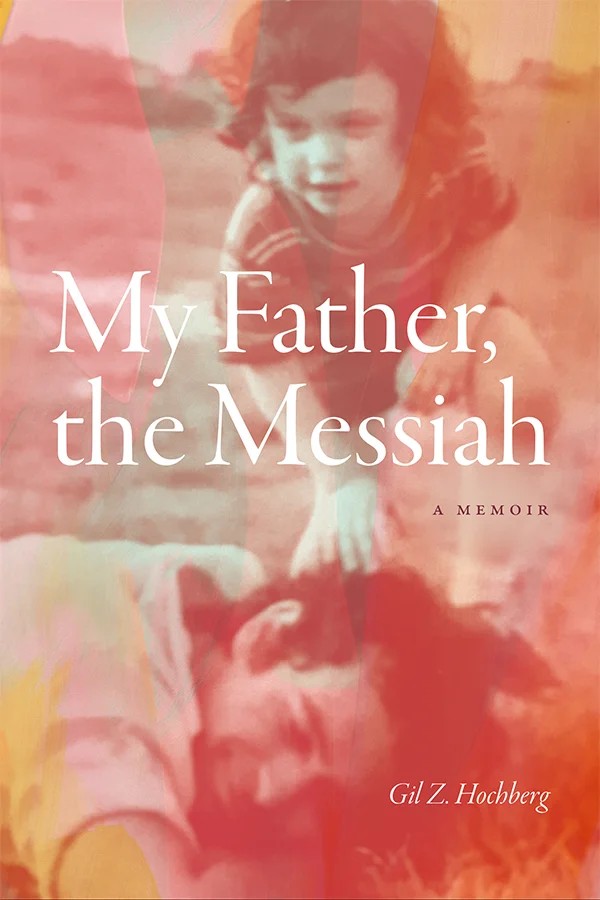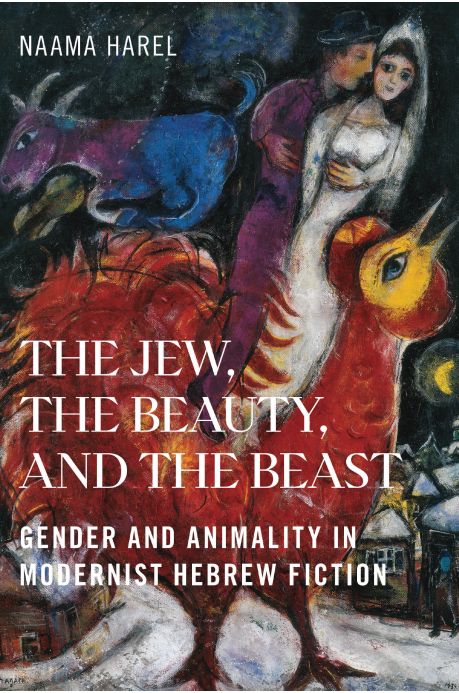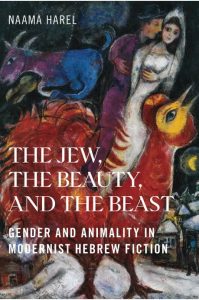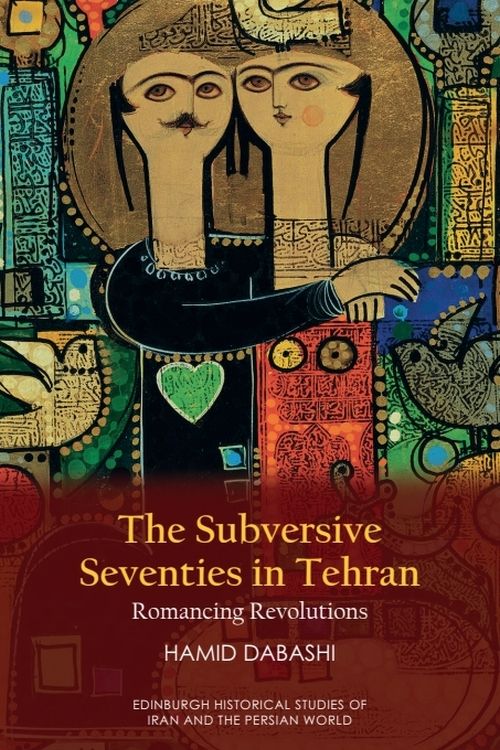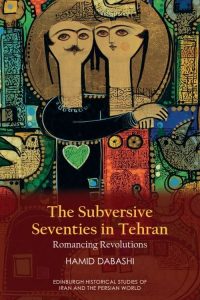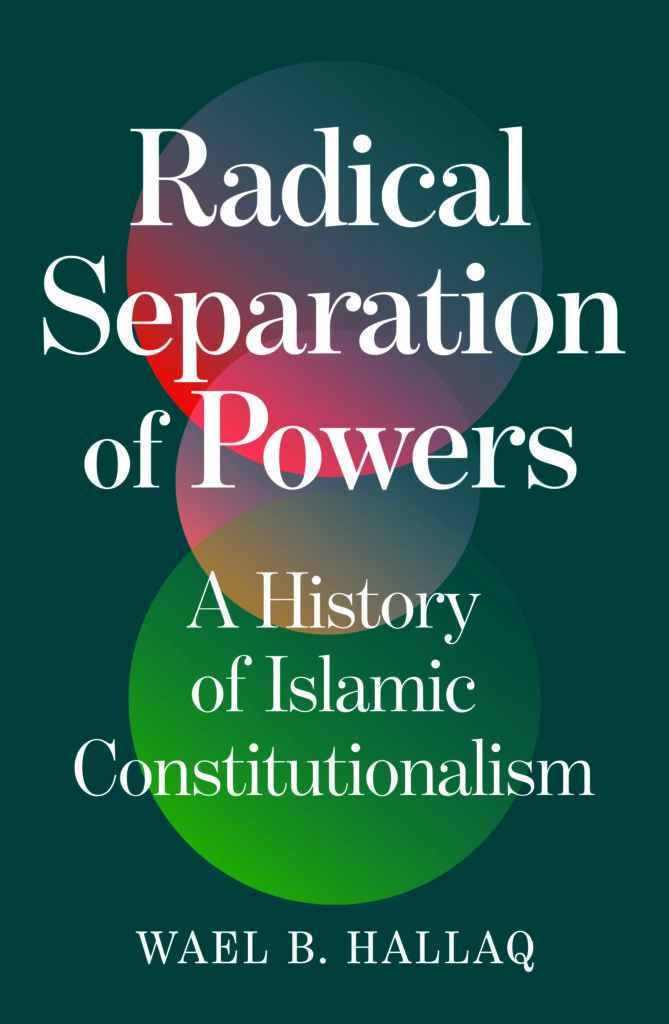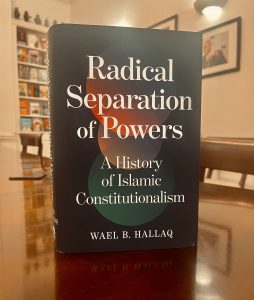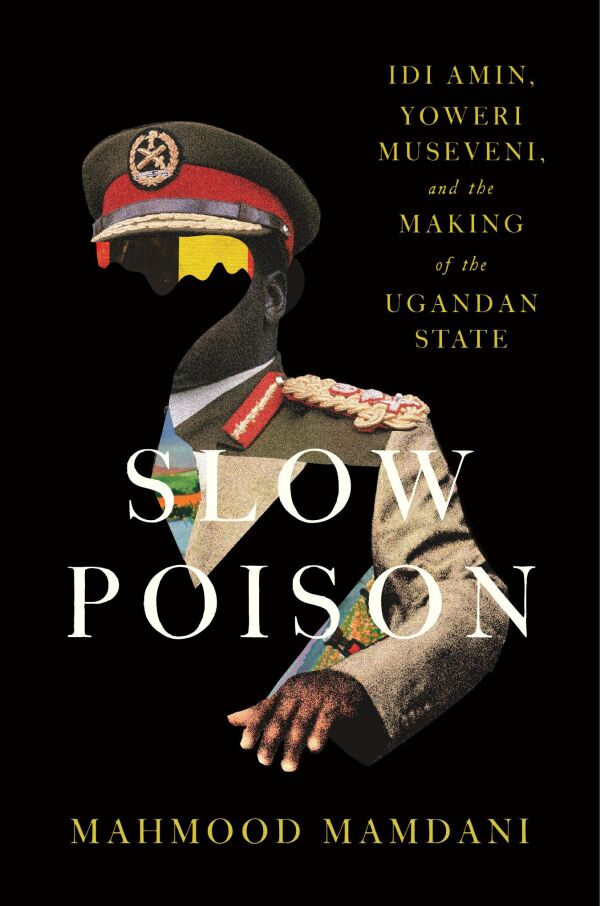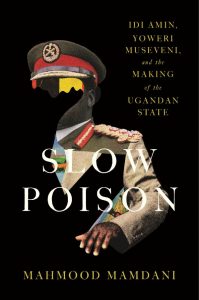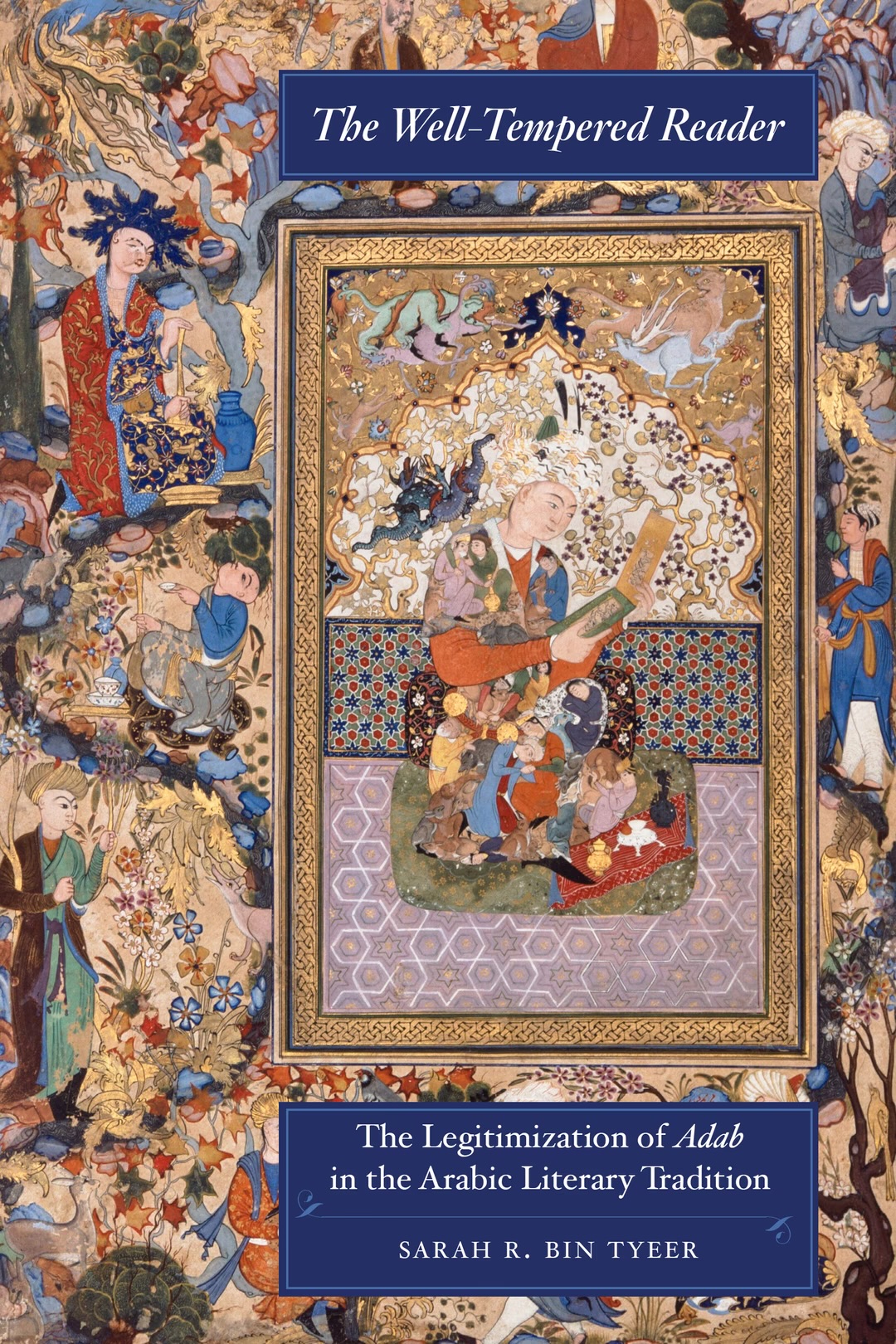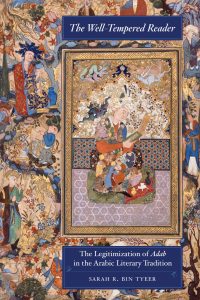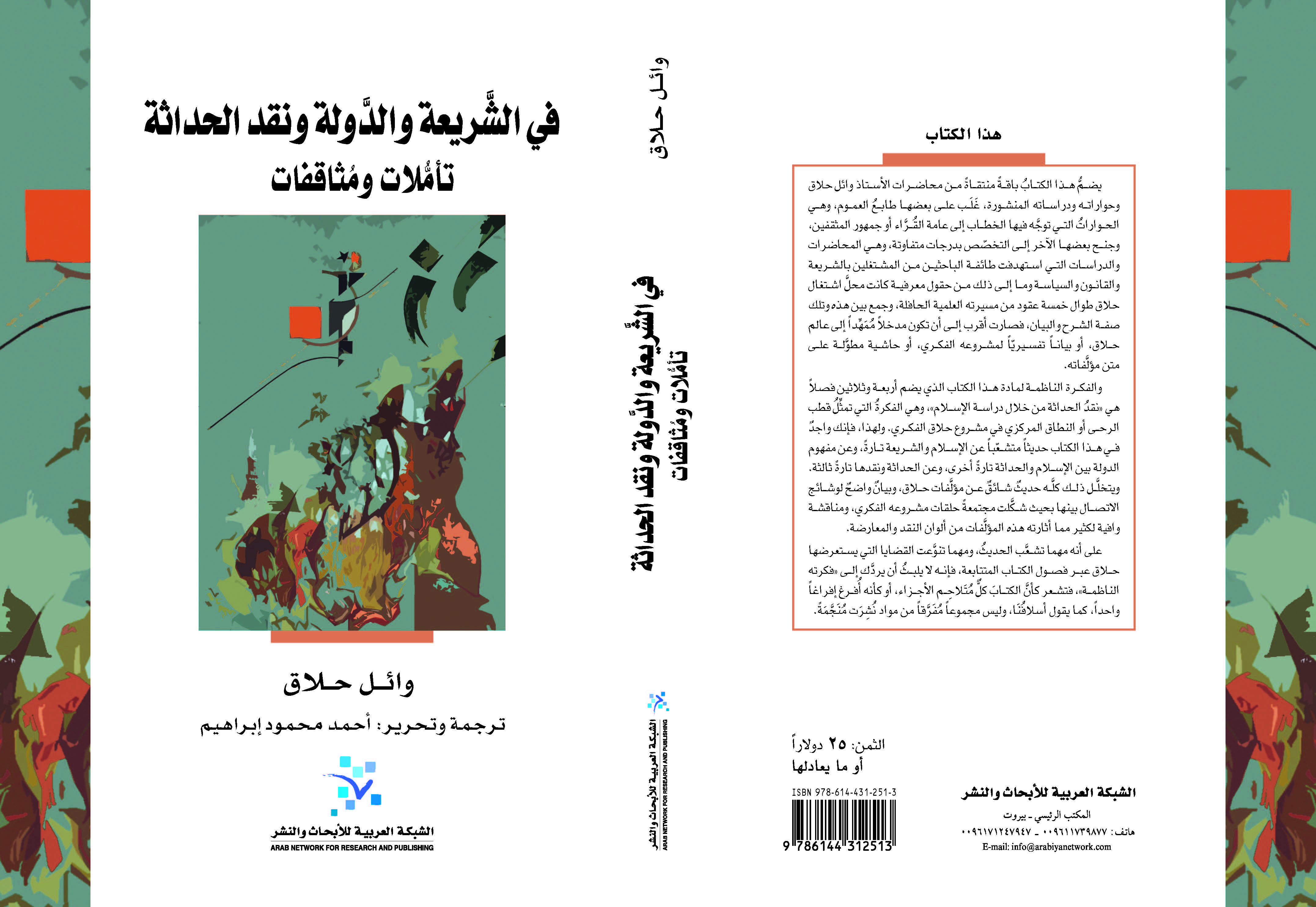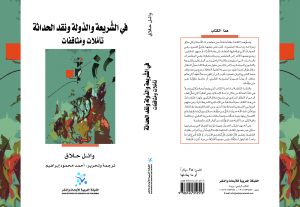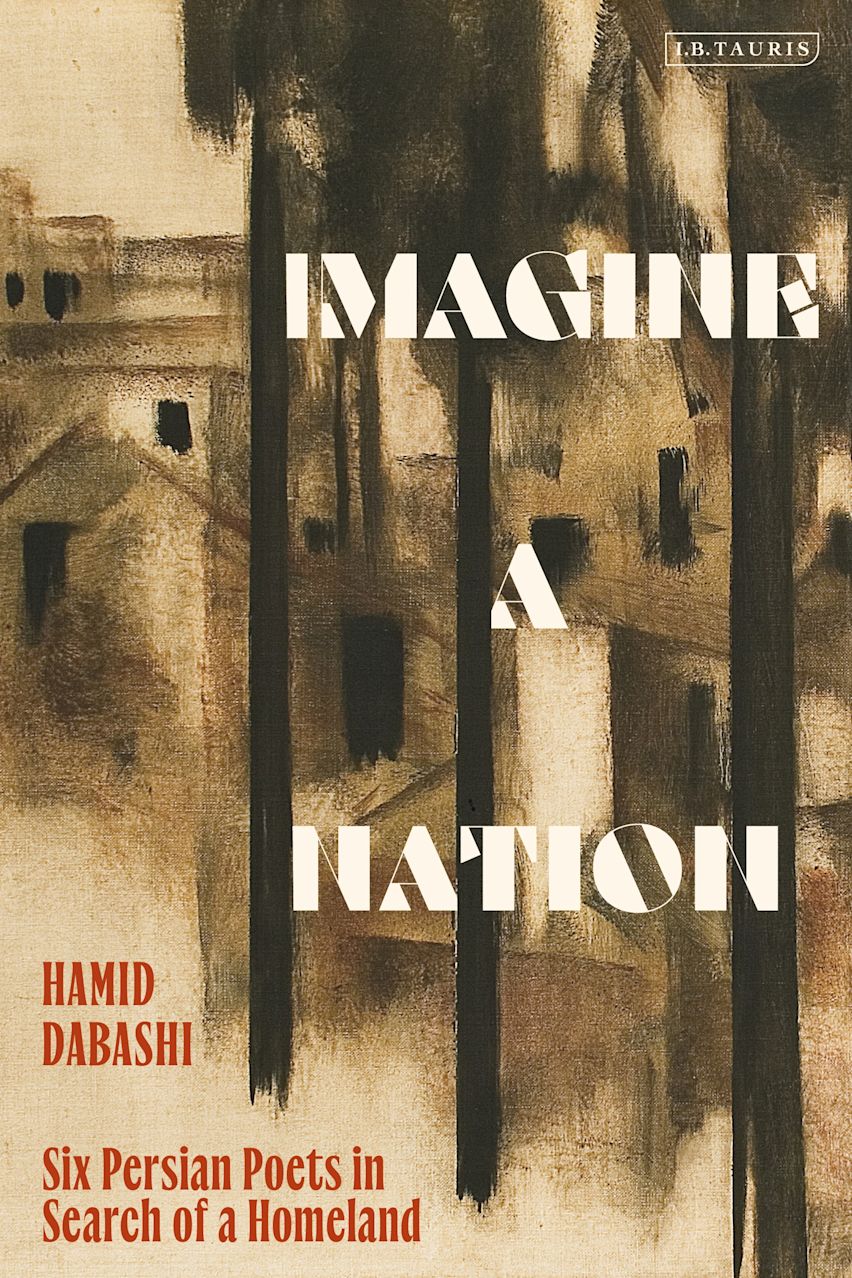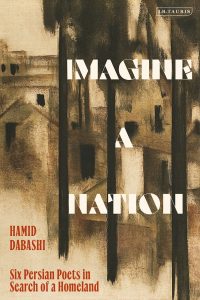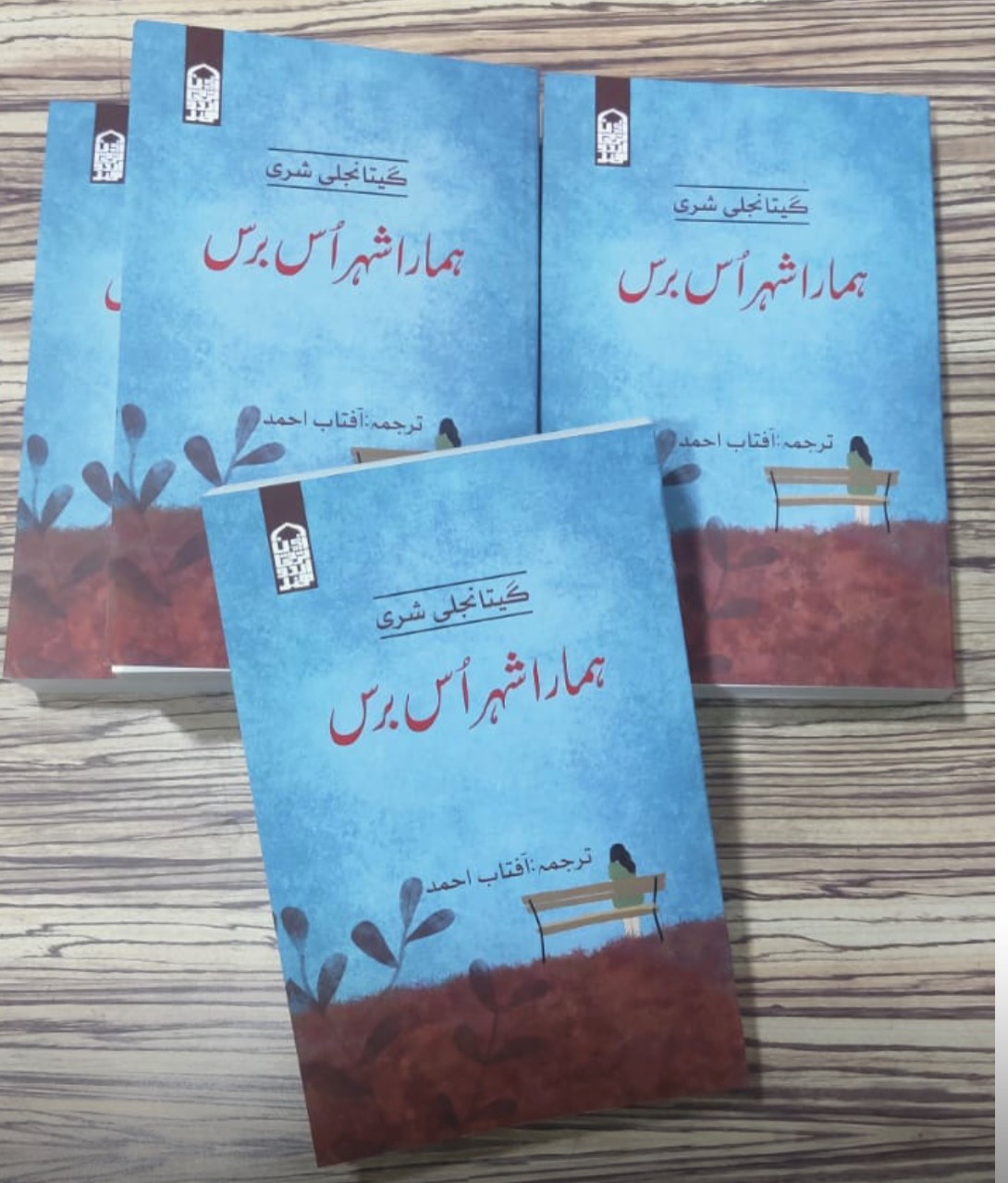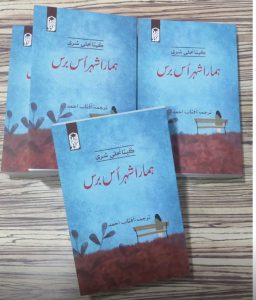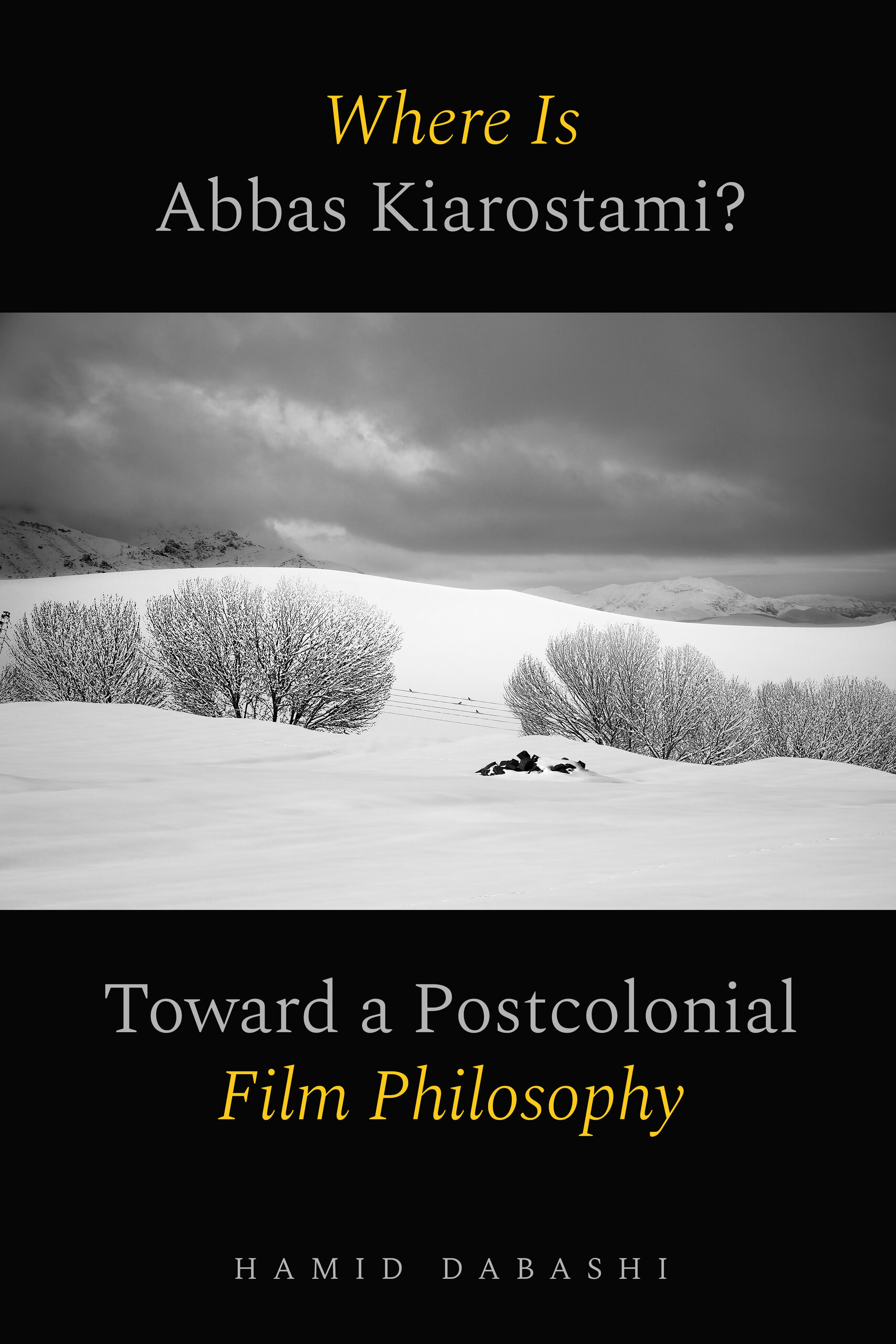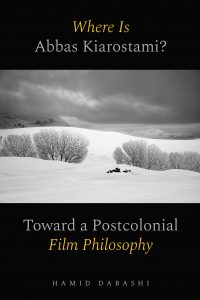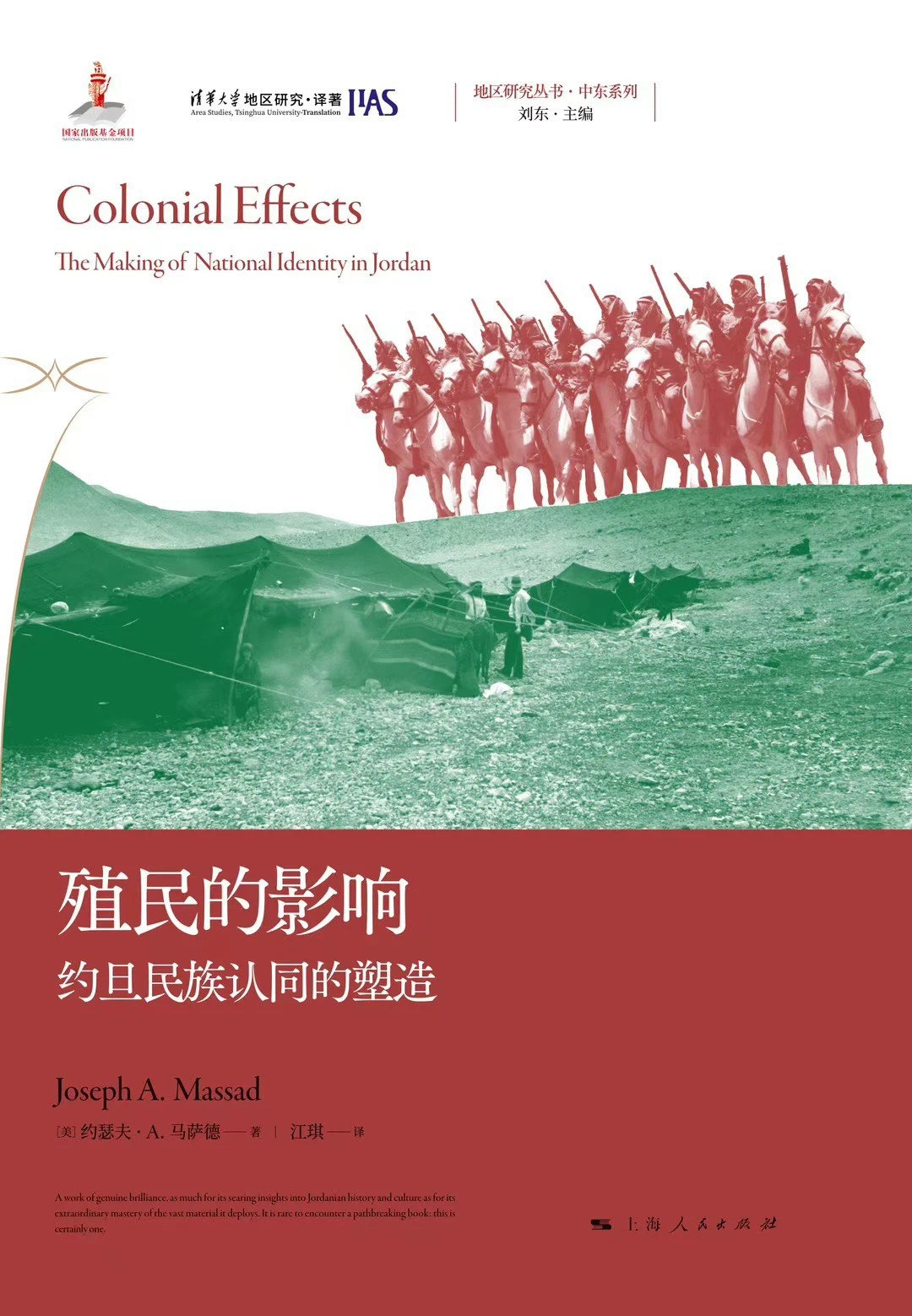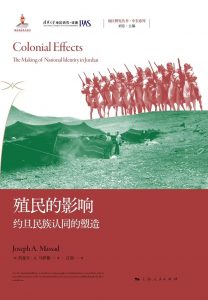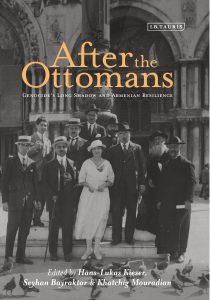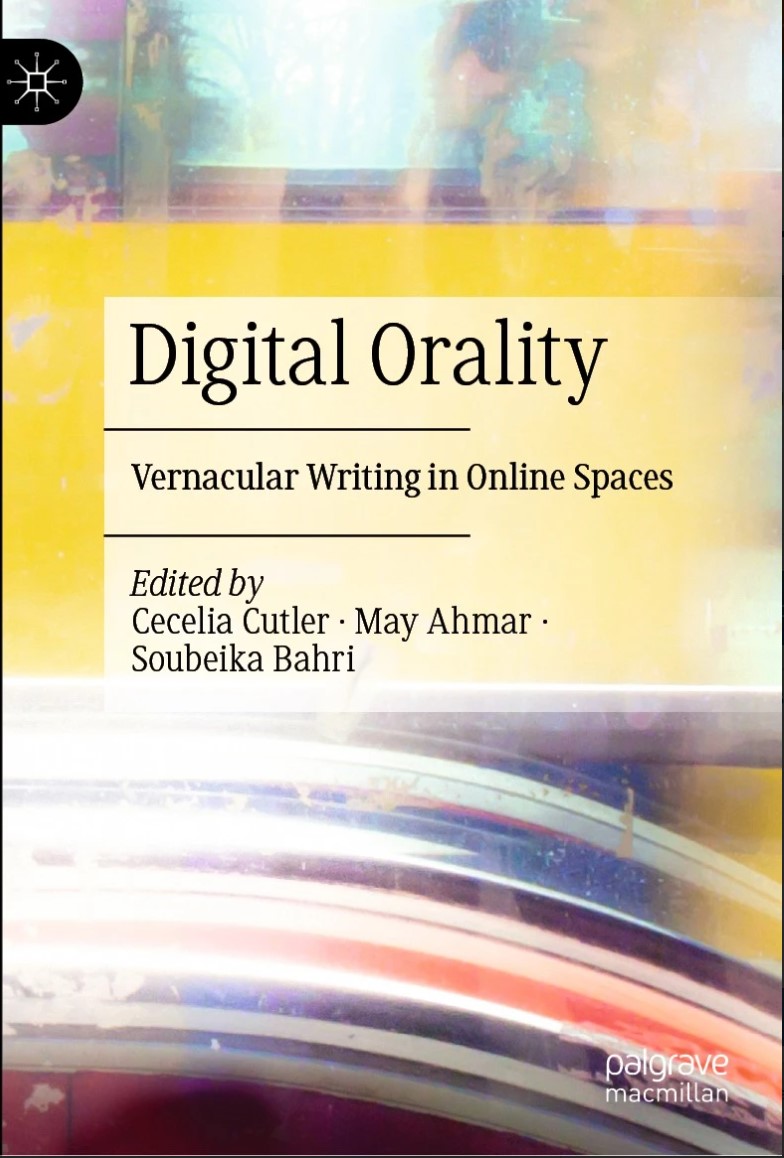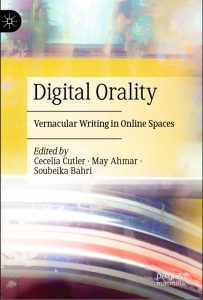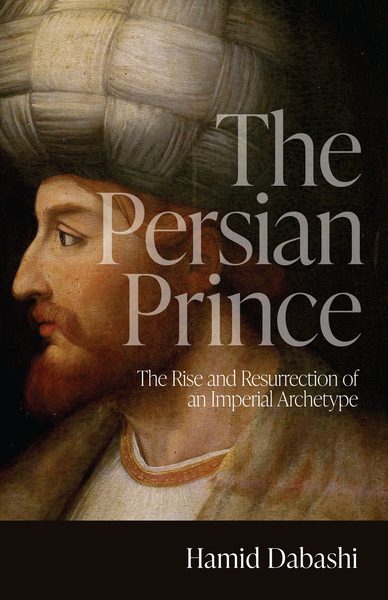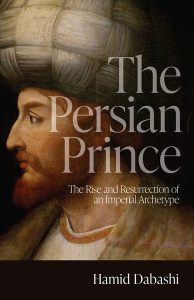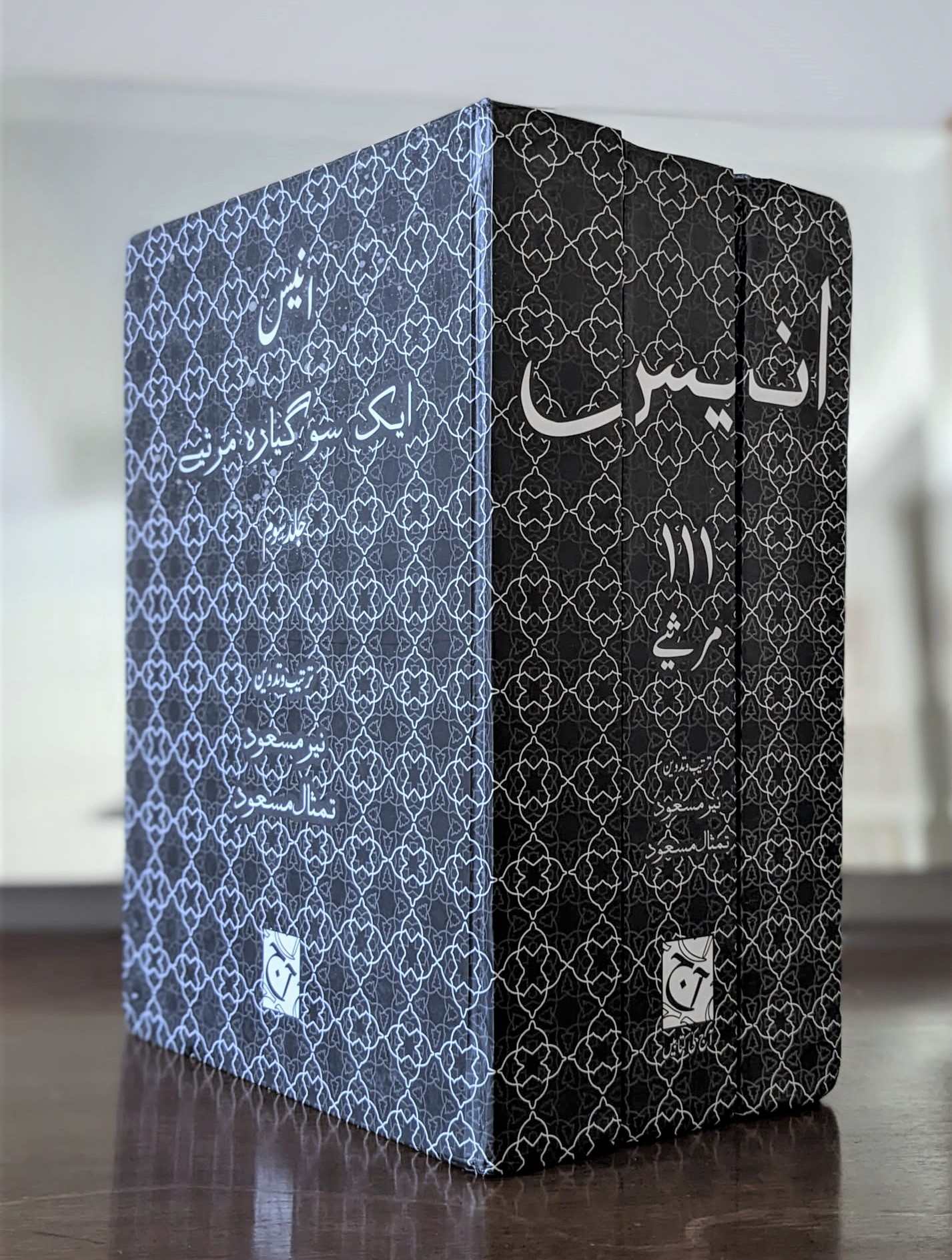RECENT BOOKS
My Father, the Messiah by Gil Hochberg published by Duke University Press
In her memoir My Father, the Messiah, Gil Hochberg traces a father-daughter relationship as it transforms across decades—from intense closeness in childhood to a fraught distance as Hochberg’s father Yossi becomes increasingly convinced that he is the Messiah. After building a career as a statistician in the US, Yossi returns to Israel and becomes an avid Zionist, while having several psychotic episodes. Hochberg reconstructs her relationship with her father through an archive of letters between the two, as well as her father’s personal writings, painting a tender portrait of the non-normative family life within which Hochberg’s queer identity unfolds and a heart-rending account of her father’s mental decline. Hochberg crafts a powerful story of intimacy and loss that dovetails with sea changes in Israel’s religious and political environment since the 1990s.
The Alibi of Capital: How We Broke the Earth to Steal the Future on the Promise of a Better Tomorrow by Timothy Mitchell published by Verso
Today, extraordinary wealth seems to arrive from nowhere. The trick of conjuring this unearned wealth is, in fact, the key to understanding capitalism’s origins and a clue to why the catastrophe of climate collapse is upon us: value is created by consuming the future.
The Alibi of Capital explains how this came about through the imperial expansion of the West, encumbering today’s generations with repayments on earlier extractions. Timothy Mitchell identifies the forms of capitalisation, credit, and coercion that turn prospective assets into present income. Rejecting the common idea that claims on the future create only financial or fictitious capital, he traces the terraforming projects – the destruction of rivers, the colonising of territory, the expathension of infrastructure, and the burning of carbon – through which the future has been squandered. Terms such as finance, technology, the economy, and growth function as alibis that conceal this devastating form of extraction.
The Jew, the Beauty, and the Beast by Naama Harel published by Rutgers University Press
Jews, women, and animals have been notoriously considered in Western thought as antithetical to the “civilized,” and therefore parallel. The trope of the womanized Jewish man has been widely recognized as a staple in otherizing portrayals of European Jews, as well as their self-perception. Similarly, ecofeminist critique has addressed the ubiquitous depiction of the animalized woman throughout history. Yet, the interconnection between the effeminization of Jews and the animalization of women has been overlooked.
The Jew, the Beauty, and the Beast critically explores the tangled interplay between Jewishness, gender, and animality and its manifestation in modernist Hebrew fiction. Through interdiscursive analysis and close readings, the effeminate Jew is examined vis-à-vis the animalized woman. Intertwining cutting-edge theoretical frameworks of posthumanism and animal studies with established scholarship of Hebrew literature, Jewish studies, and gender studies, Naama Harel offers new Hebrew literary historiography and innovative perspectives on canonical works by Shmuel Yosef Agnon, Devorah Baron, Micha Yosef Berdichevsky, Yosef Haim Brenner, Uri Nissan Gnessin, and David Vogel.
The Subversive Seventies in Tehran by Hamid Dabashi published by Edinburgh University Press
Hamid Dabashi, The Subversive Seventies in Tehran: Romancing Revolutions
https://
The 1970s are emerging as a pivotal decade in global history, in which enduring and unprecedented revolutionary changes radically altered our conception of society, polity and culture. In this book, Hamid Dabashi gives a potent account of the momentous changes in Iran during this time, mapping the social, political and cultural forces that shaped the decade and led to the downfall of the Pahlavi dynasty.
Recollecting his years as a student in the Iranian capital, Dabashi explores the social and cultural scene of 1970s Tehran and offers a thorough account of the political disposition of the country in the years leading up to the 1977–9 revolution. He places this in the context of revolutionary aspirations around the world, putting Tehran on the map of the global ‘subversive seventies’. The story is framed around an analysis of iconic novels and films that both reflected and shaped the time in which they were produced.
Handbook of the Late Ottoman Empire co-edited by Khatchig Mouradian published by Bloomsbury
The I.B. Tauris Handbook of the Late Ottoman Empire: History and Legacy, co-edited by Hans-Lukas Kieser and Khatchig Mouradian, was published by Bloomsbury in November 2025. Bringing together contributions from fifty established and emerging scholars, the volume surveys the rich body of research produced in recent decades on the late Ottoman period and its enduring legacies. Organized into seven chronological sections and comprising thirty-four chapters and eight supplementary essays, the 792-page handbook guides readers from the late eighteenth century through the early twenty-first century.
For more information, click here: https://www.bloomsbury.com/us/ib-tauris-handbook-of-the-late-ottoman-empire-9780755644490/
Radical Separation of Powers by Wael Hallaq published by Oneworld Press
Two centuries of Orientalist scholarship have denied that Islam has a constitutional concept. Premodern Islamic political practice has been subject to mistranslation, misinterpretation and condescension through the eyes of colonisers, and judged inferior to the norms of Western liberalism. Wael Hallaq, a leading scholar of Islamic law, sets the record straight in this groundbreaking volume. Traumatised by the tyranny of absolute monarchies, Europe came to see in Islam everything that it despised about itself. By seeking to understand Islamic governance from within its own tradition of reason, Hallaq reveals premodern Islam to have a rich and distinctive constitutional tradition: starting from the individual as a political subject up to the power of executives.
For more information, click here: https://oneworld-publications.com/work/radical-separation-of-powers/
Slow Poison by Mahmood Mamdani published by Harvard University Press
Idi Amin, Yoweri Museveni, and the Making of the Ugandan State
In 1972, when Mahmood Mamdani came home to Uganda, he found a country transformed by “an orgy of violence.” Two years earlier, with support from the colonial powers of Great Britain and Israel, Idi Amin had forcefully cemented his rule. He soon expelled Uganda’s Indian minority in hopes of fostering a nation for Black Ugandans. The plan backfired. Amin was followed by Yoweri Museveni, who has now ruled for nearly four decades. Whereas Amin tried to create a Black nation out of the majority, Museveni sought to fragment this majority into multiple ethnic minorities, re-creating a version of colonial indirect rule.
For more information, click here: https://www.hup.harvard.edu/books/9780674299870
The Well-Tempered Reader by Sarah R. Bin Tyeer published by University of California Press
The Well-Tempered Reader: The Legitimization of Adab in the Arabic Literary Tradition.
The Well-Tempered Reader provides a new understanding of the term adab, a ubiquitous concept in Arabic literature with many meanings. In Sarah R. Bin Tyeer’s analysis, adab is more than just a way of writing or the cultivation of moral excellence, as it is often understood. It is rather an ethical way of perceiving, understanding, and living that results from ceaseless critical interaction between the individual and all aspects of his or her social, cultural, natural, and metaphysical environment. Through a close reading of texts from eighth-century Baghdad to nineteenth-century Lebanon, in which adab emerges as a force across historical periods and geographies, Bin Tyeer posits the term as a generative literary and cultural framework and a discursive force for analyzing literary acts. This is the first book-length study of adab as an intellectual institution; examining its role and historical influence in the moral and intellectual formation of the adabized subject, Bin Tyeer reveals the import of adab not only for Arabic literary studies but for comparative literary inquiry.
For more information, click here: https://www.ucpress.edu/books/the-well-tempered-reader/hardcover
Hamara Shahar Us Baras (Our City That Year) Translated by Aftab Ahmad
Published in 1998, Hamara Shahar Us Baras is Geetanjali Shree’s second novel, exploring communalism in India, particularly the rising animosity between Hindus and Muslims. It examines how politicians and Hindutva nationalists construct narratives that, once amplified by the media, solidify into accepted truths. Initially, university intellectuals resist these narratives but eventually begin to accept and propagate them.
Shree’s experimental form makes the novel both challenging and powerful. Divided into short, fragmented sections—some just a word long—it initially feels disjointed but gradually forms a cohesive depiction of communal tensions in India. Though written in the late 1990s, its themes remain deeply relevant. The novel is filled with sounds—the reverberations of speeches, lectures, slogans, and conversations in various public and private spaces—through which we hear the unfolding events..
Daisy Rockwell’s English translation, Our City That Year, was published in India in 2024 and will be released by HarperVia in the US in April 2025.
Where Is Abbas Kiarostami? by Hamid Dabashi published by University of California Press
https://www.ucpress.edu/books/where-is-abbas-kiarostami/paper
When Abbas Kiarostami suddenly passed away in July 2016, he was already an iconic figure in world cinema—and his reputation as a master filmmaker has only grown since. In this book, celebrated scholar Hamid Dabashi offers a new way of looking at Kiarostami’s artworld, one that questions the very idea of film philosophy. Dabashi’s authoritative account of the philosophical resonances of Kiarostami’s oeuvre offers an iconoclastic critique of the field’s Eurocentrism and, in vivid prose, makes the case for a new method of appreciating the work of this essential figure. The result is a provocative perspective on the totality of Kiarostami’s legacy that, with deep roots in Iranian aesthetic and Persian poetic and philosophical traditions, overcomes film’s provincial preoccupation with its Western heritage and charts a new path forward for film-philosophy.
After The Ottomans edited by Khatchig Mouradian published by I.B. Tauris
After the Ottomans co-edited by Khatchig Mouradian
After the Ottomans: Genocide’s Long Shadow and Armenian Resilience, co-edited by Hans-Lukas Kieser, Khatchig Mouradian, and Seyhan Bayraktar, was published by I.B. Tauris in July 2023.
The book deals with the lasting impact and the formative legacy of removal, dispossession and the politics of genocide in the last decade of the Ottoman Empire. For understanding contemporary Turkey and the neighboring region, it is important to revisit the massive transformation of the late-Ottoman world caused by persistent warfare between 1912 and 1922.
This fourth volume of a series focusing on the “Ottoman Cataclysm” looks at the century-long consequences and persistent implications of the Armenian genocide. It deals with the actions and words of the Armenians as they grappled with total destruction and tried to emerge from under it. Eleven scholars of history, anthropology, literature and political science explore the Ottoman Armenians not only as the major victims of the First World War and the post-war treaties, but also as agents striving for survival, writing history, transmitting the memory and searching for justice.
Learn more here: https://www.bloomsbury.com/us/after-the-ottomans-9780755649709/
Digital Orality edited by May Ahmar published by Springer/Palgrave Macmillan
The Persian Prince by Hamid Dabashi, Stanford University Press
“With its title borrowed from Machiavelli, The Persian Prince goes far beyond Machiavelli’s wildest imagination as to how to rule the world. Hamid Dabashi articulates a bold new idea of the Persian Prince—a metaphor of political authority, a figurative ideal deeply rooted in the collective memories of multiple nations, and a literary construct that connected Muslim empires across time and space and continues to inform political debate today.”
For more information, click on image below:
Anis: 111 marsiye, edited by Timsal Masud
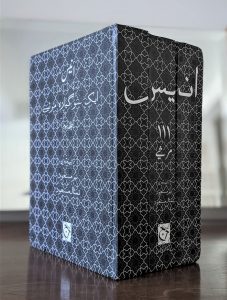
Beginning Armenian: A Communicative Textbook By Charry Karamanoukian
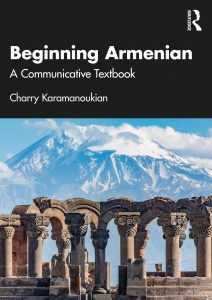
Beginning Armenian: A Communicative Textbook introduces conversational Western and Eastern Armenian in a single volume, allowing learners to acquire the language skills they need to communicate and to reference, contrast, and compare both standards of the language.
Learn more here: https://www.routledge.com/Beginning-Armenian-A-Communicative-Textbook/Karamanoukian/p/book/9780367408558


